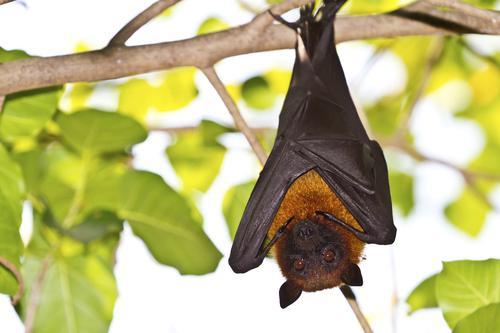
Marburg, a virus similar to
Ebola, has hit the radar in the African country of Uganda, raising
concerns about another deadly outbreak. With two lethal viruses
threatening public health, many are questioning why these contagions
seem to be flaring up more often — and more important, what we can do to
avoid them in the future.
The current Ebola outbreak originated in West Africa and has killed more than 3,800 people, more than all other past outbreaks combined. The first Marburg death was confirmed recently in Kampala, Uganda. Both viruses cause hemorrhagic fevers and are passed from animals to humans, which has experts examining how humans and African wildlife interact.
One mystery surrounding these viruses is
where they live between outbreaks, when they aren't infecting humans,
author and Ebola expert David Quammen told National Geographic. For
example, health officials know Ebola likely goes dormant in an animal,
called its "reservoir host," but they have yet to identify exactly which
species. At least one of the suspects is the fruit bat, which is
believed to host several other viruses (including
Marburg and SARS) without getting sick. These bats usually live in
large, tightly packed groups, allowing the virus to spread easily among
the animals.
No comments:
Post a Comment